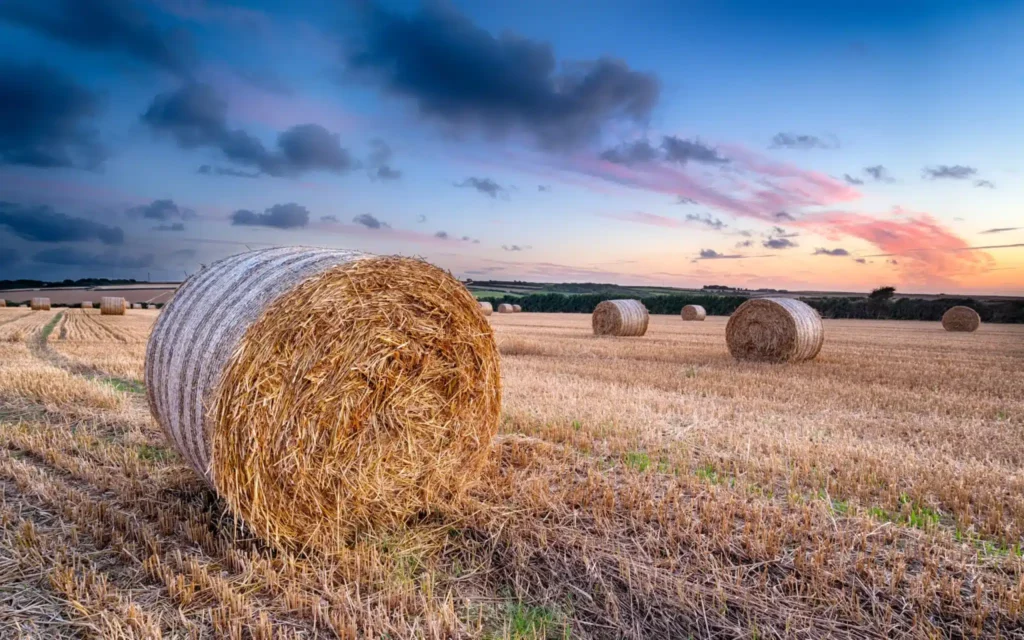Lexical meaning of Harvesting:
The lexical meaning of harvest is autumn, the name of season, harvest time or the month of August. Harvesting is the process of cutting out the crop after it is ready to use. “The harvest” came to also mean the activity of reaping, gathering, and storing grain and other grown products during the autumn, and also the grain and other grown products themselves. “Harvest” was also verbified: “To harvest” means to reap, gather, and store the harvest (or the crop).
Harvesting is the most labor-intensive activity of the growing season on smaller farms with minimal mechanization however, on large mechanized farms, harvesting utilizes the most expensive and sophisticated farm machinery, such as the combine harvester. Heavy machinery reduces the labor work of man.
Harvesting: last stage to collect ripe crops:
In Asian countries men and women work in the fields to gather the ripe crop. Harvesting is the last point of agriculture mechanism. It all starts with making the land arable, then seeding and at the third stage appropriate care of land is taken such as enough water, moister and oxygen is provided. After that when the crop is ripe it is harvested and transported for storage.
Seasons of Harvesting:
In Asian countries, seasons of sowing and harvesting vary from country to country. For instance in Pakistan, winter crops are sown in October, November and December and are harvested in March and April. However, summer crops such as sugarcane are sown in February. Similarly March, April and May are the harvesting seasons for cotton, June and July for rice and July and August for maize crops.
Vaisakhi: The harvesting Festival:
In many Asian countries, harvesting festivals are observed. In Indian and Pakistan festival of Vaisakhi is observed which is celebrated on April 13 and 14 every year. It marks the news year and beginning of harvesting season. Every year, when the wheat crop is ready to be harvested, men and women enjoy in fields on the occasion of Vaisakhi and harvesting of wheat kicks off.
Vegetable harvesting:
Crop harvesting is different than the harvesting of vegetables. The quality of vegetables does not improve after harvest so it is important to gather crops at proper maturity. At this point vegetables are at their peak for flavor and nutrition. This is not always when a vegetable is at its largest stage.
The ripe time varies with certain vegetables. Tomatoes may be left on the vine until fully ripened or taken off when partially ripened and placed on a windowsill to mature. Other crops such as winter squash and watermelon are not ready until after they are fully developed.

